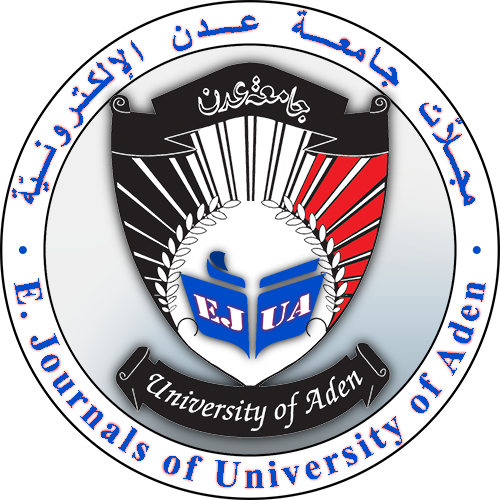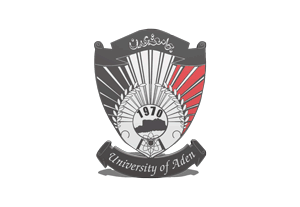THE SOCIAL AND ECONOMIC CONDITIONS OF THE DISPLACED PEOPLE A FIELD STUDY OF A SAMPLE OF DISPLACED PEOPLE TO ADEN GOVERNORATE
DOI:
https://doi.org/10.47372/ejua-hs.2022.1.149Keywords:
Displacement, Displaced people, Functional theory, Attraction and expulsion theoryAbstract
The study aimed to identify the social and economic conditions of the displaced people to Aden governorate. It included the educational, health, security, social and economic conditions from their point of view. It extend to the extent to which there were statistically significant differences for these conditions with respect to the independent variables of the study at the level of significance (0.05).
The researchers put questions for the study representing the objectives and relied on the descriptive analytical approach. The researcher used the study tools (questionnaire, interview, and observation) and applied the questionnaire to a sample of (179) displaced people in Aden Governorate in the year (2019-2020).
The study contained a theoretical framework that included scientific terms related to the study title (displacement, displaced people). Then the previous studies and scientific theories explaining the phenomenon of immigration and displacement (functional theory, the attraction and expulsion theory).
The researchers used the statistical program (SPSS) to analyze and interpret the evidence.
The study reached findings, the most important of which is the presence of a mass exodus of families from the contact areas, most families do not join their children in schools regularly. It was the most important reasons that are prevented from this by the lack of economic possibilities for families and children’s preoccupation with work that would help their families.
Displaced families receive health services represented in maternity and childhood services, family planning and Periodic vaccination of children. All family members live in one house. A good number of them receive public services (water, electricity, and road). There are positive social relations for the displaced with their contacts with a high value. Most families feel alienated and separated from their families. Families feel safe in the areas of displacement, can enter and leave their homes at any time and have not been exposed to physical, Verbal and especially sexual violence. Most of the displaced work in professions Free and handicrafts which is low-income and displaced children work to help their families. A small part of them receive cash assistances from international organizations. A lesser part of displaced receive in-kind assistances. It showed study that the Women are more affected by displacement, especially divorced women.








